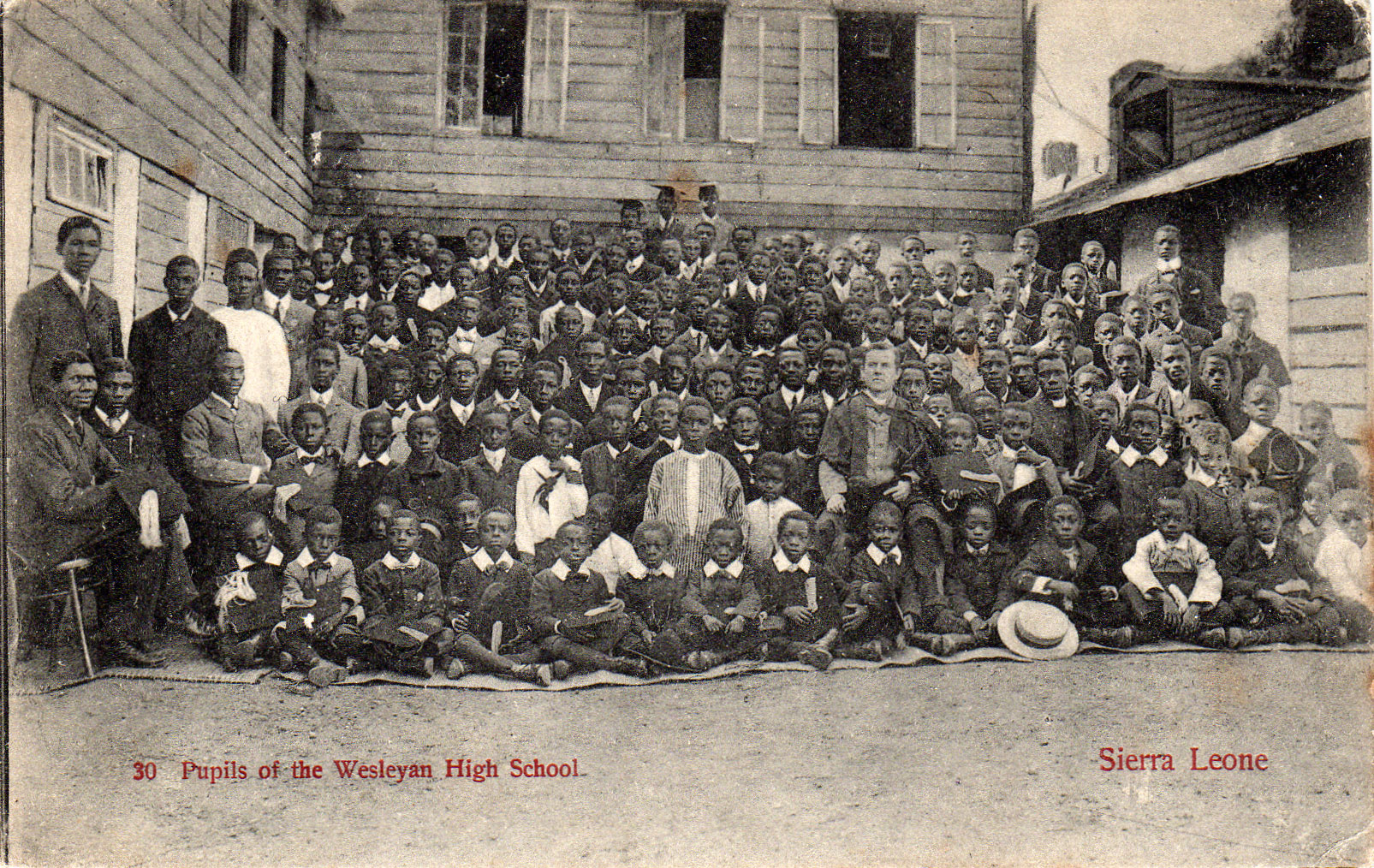Ambrogio Caiani
Ambrogio’s main research interests have focused on Revolutionary France and Napoleonic Italy. His doctorate examined the declining fortunes of Louis XVI’s court during the early French Revolution and was published by Cambridge University Press in 2012. He is currently working on a second book project with the provisional title: ‘Napoleon, the Cardinal and the Prostitute: A scandal in Napoleonic Bologna 1806’. He is interested in how the Napoleonic Empire sought to create a composite elite that fused Imperial conquerors with indigenous collaborators in a semi-stable working relationship. He is currently examining the extent to which modern theories of Empire fit Early Modern and Napoleonic contexts. Among other things Ambrogio is also working on how the ancien régime was invented and conceptualised during the nineteenth century.
Andrew Cohen
Andrew’s research interests broadly encompasses issues surrounding the decolonisation of European empires in Africa, in addition to earlier colonial administration. More recently, his focus has turned to the influence of multinational business in the region during the late colonial/early post-colonial period. Andrew is the joint editor (with Casper Andersen) of Government and Administration in Africa, 1880-1939 (Pickering & Chatto, 2013), a five volume collection of primary sources and author of The Politics and Economics of Decolonization in Africa: The Failed Experiment of the Central African Federation (I. B. Tauris, 2017).
Giacomo Macola
The Personal Papers of Clément ‘“Nkulukulu” Brasseur
The ‘Nkulukulu’ – Judge Jenniges wrote in 1905 – was a bird ‘whose inner wings are bloody red. Now, the natives say, Mr. Brasseur was only happy when he had blood up to his armpits. Then he looked like the bird in question’. The exceptionally detailed and brutally honest private records of the man to whom Africans in southern Katanga attributed this telling nickname in the 1890s are currently being edited and translated into English by Giacomo Macola. Shifting the focus away from the rubber-producing areas of the Congo Free State that have attracted the bulk of scholarly attention, the resulting volume – contracted to the British Academy’s Fontes Historiae Africanae series – will enable historians to form a fuller understanding of the early colonial experience in Katanga and the violence that pervaded it.
Christine Whyte

Pupils of the Wesleyan High School. Photo from the Gary Schulze Collection, more available at Sierra Leone Web
Recapturing Childhoods: Christine’s research explores the lives of African children rescued from slave ships in the 19th century. These children, who were snatched from communities across Africa, were then re-settled by the anti-slave trade patrols in a few scattered coastal settlements. Over the next three years, Christine will conduct circum-African research to discover what happened to children, taken from their homes, and ‘liberated’ into new, planned towns.
Christine has previously worked on the history of slavery and freedom in 20th-century Sierra Leone, the abolition of slavery in Abyssinia and the founding of Liberia College. Christine is interested in the history of African children and childhoods, slavery and emancipation and practices of child-care and education in West Africa.